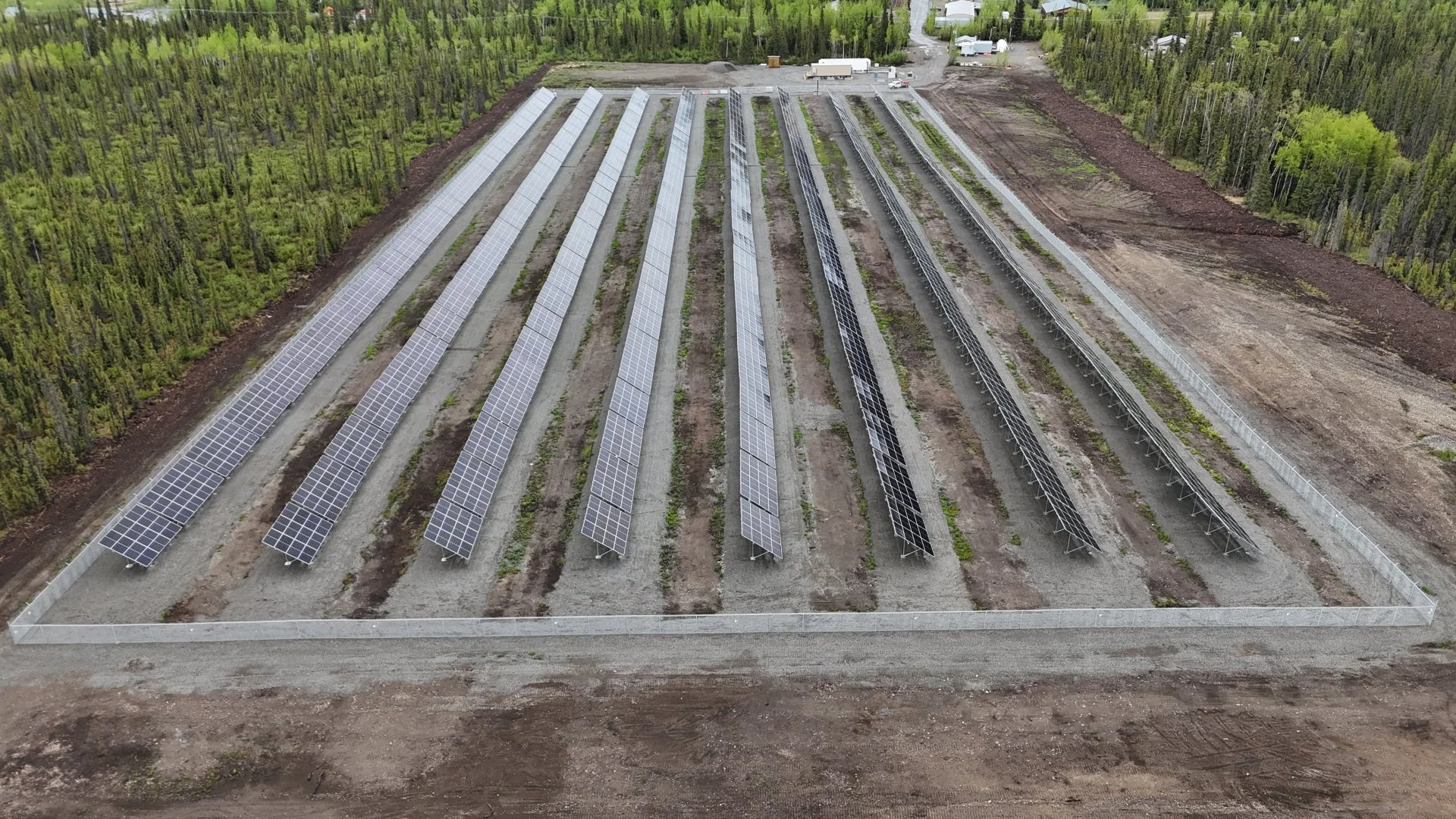
Climate Solutions
Reporting Project
Led by I-SEA | Executed by Canada's National Observer
The Climate Solutions Reporting Project is a public education initiative designed to spotlight the most effective and inspiring responses to the climate crisis. Through rigorous journalism, it tells stories of how governments, businesses, communities, and Indigenous leaders are advancing real solutions - from policy innovation and green technology to climate adaptation and nature-based approaches.
All reporting produced as part of the project is free to the public and is not behind CNO's paywall.
-
I-SEA (Institute for Sustainability, Education, and Action) is a Canadian charitable organization dedicated to advancing public understanding of urgent environmental and social challenges.
Canada's National Observer (CNO) is a leading independent media outlet known for award-winning journalism on climate, energy, and accountability.
More than twenty Canadian foundations and hundreds of CNO subscribers.
Leading the initiative, I-SEA provides administrative and strategic oversight of the project, while engaging CNO to carry out the journalism. CNO has full editorial control of the reporting. Founder Margery Moore has described I-SEA's mission as: "to propel forward great work in the world -and in so doing minimize the worst impacts of climate change."
-
The Climate Solutions Reporting Project brings trusted, solutions-driven journalism to a broad public audience. It informs policy, deepens public dialogue, and highlights both Canadian leadership and international innovation in the race to confront climate change. The project also amplifies community voices and underrepresented perspectives, equipping people with the information they need to take part in a just and sustainable transition.




























